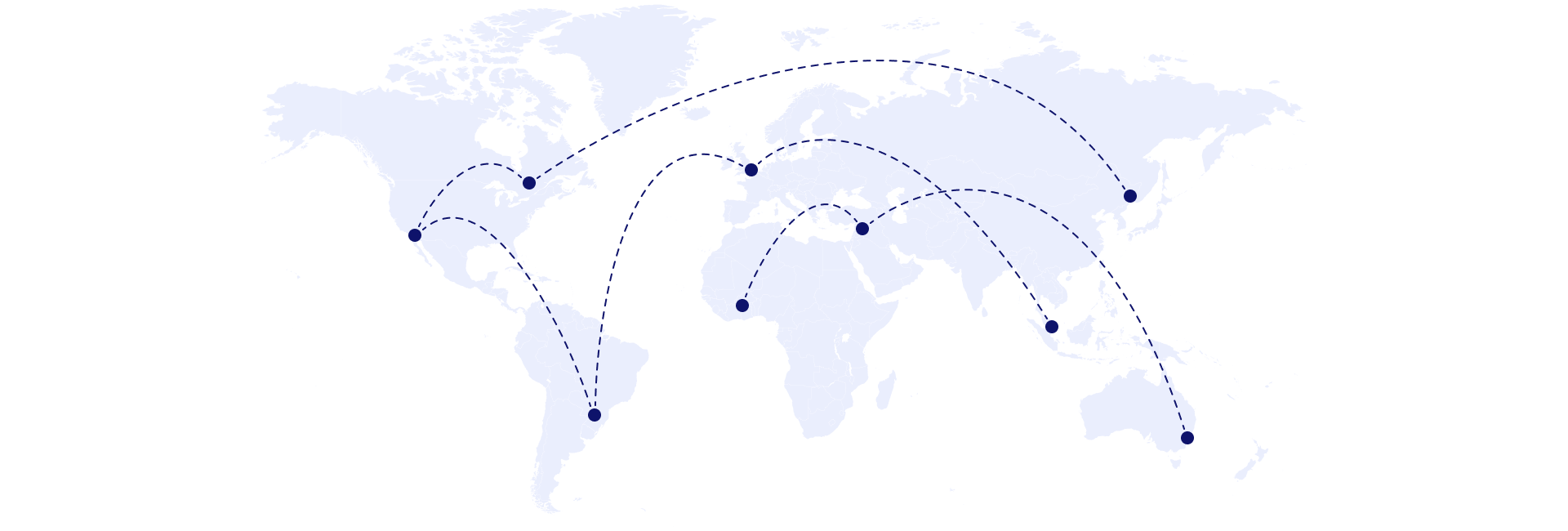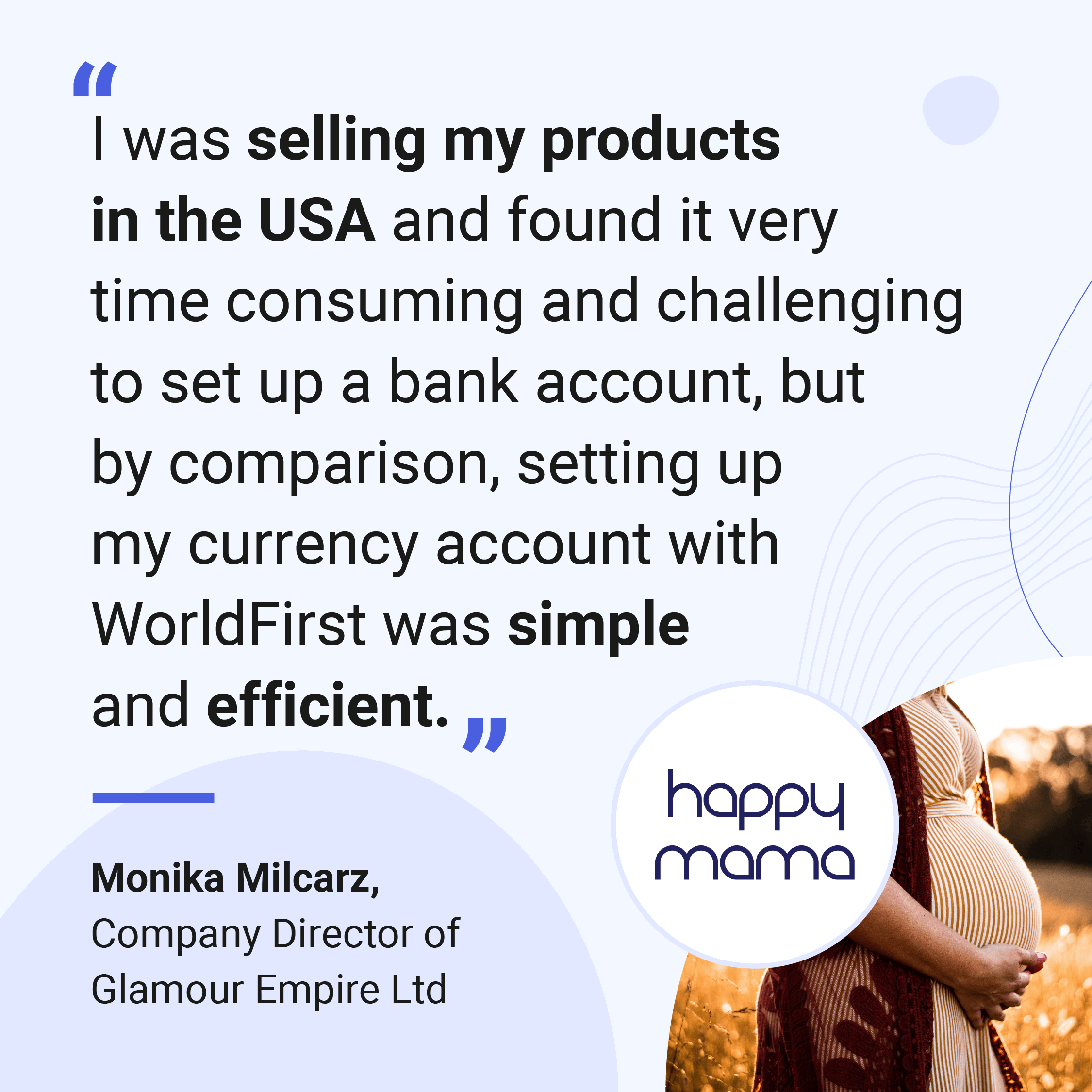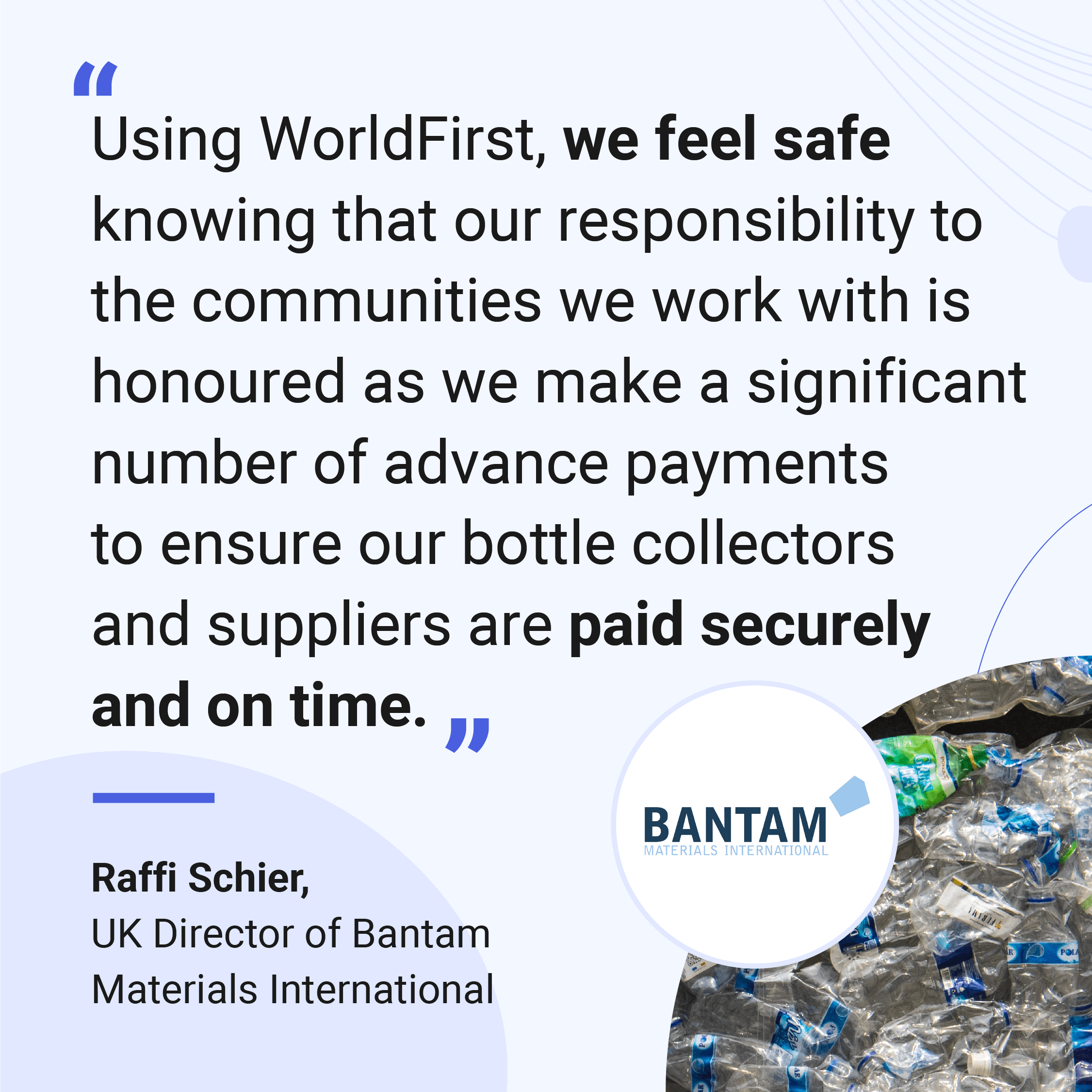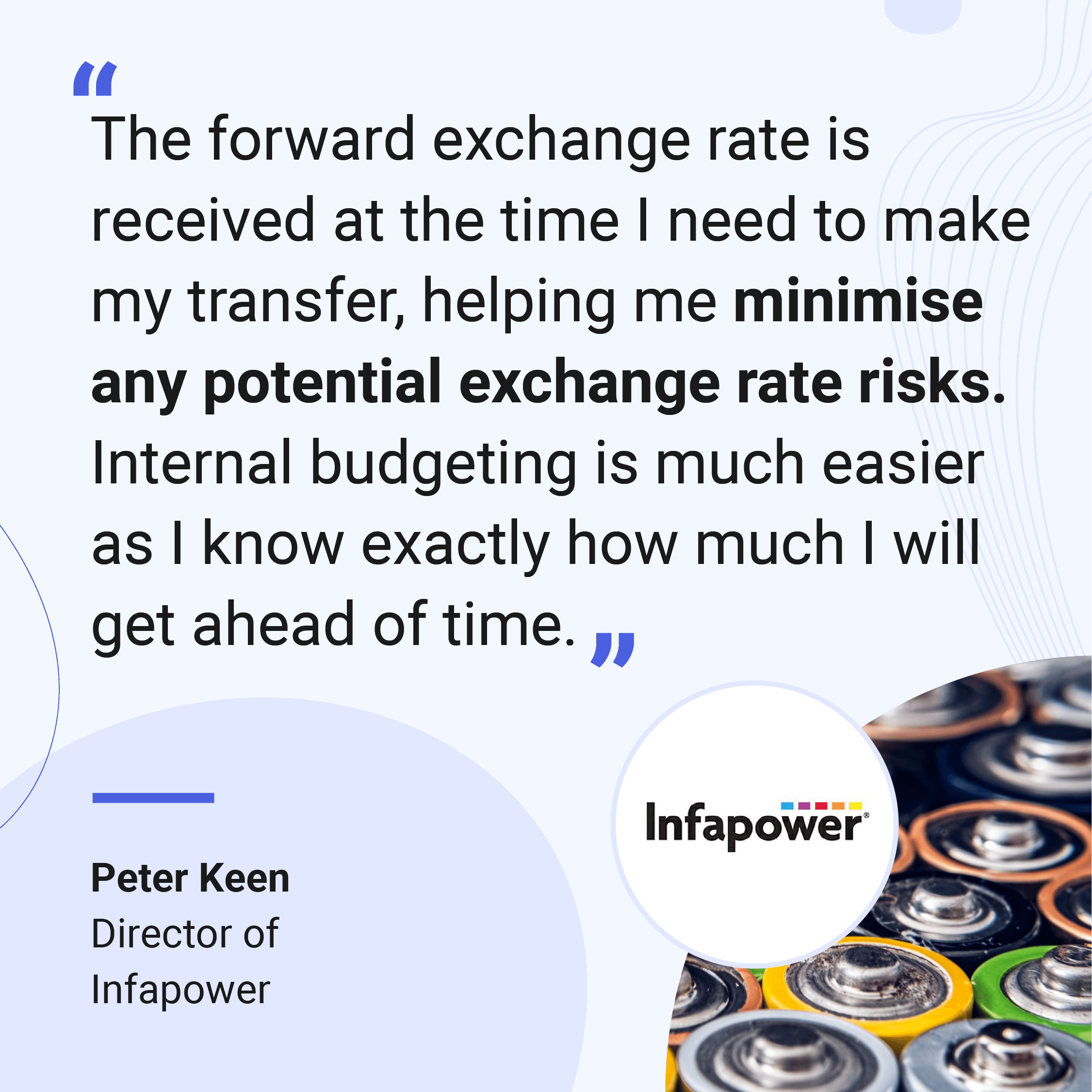
Our Financial Crime team not only helps to ensure that the appropriate security is in place at WorldFirst but also offers insight, best practice and guidance to ensure that our customers avoid becoming victims of fraud.
We talked to the team to explore how businesses can tackle challenges with financial crimes, how we are leading the fight to combat it and what businesses can do if they think that they’ve fallen victims.
There are many actions you can take to help your business reduce the threat of financial crime
What’s the biggest financial crime threat to businesses at the moment?
Without a doubt, the greatest financial crime risk to businesses right now is fraud, which unfortunately comes in a huge number of shapes and sizes. Fraud can be committed by someone externally trying to hack into your systems to steal information or by performing social engineering – the act of spoofing someone’s identity – to access personally identifiable customer data.
The number of instances of internal fraud committed by a company’s own staff members is also increasing. Criminals may infiltrate a company directly to identify weaknesses in internal controls over the course of time or they may even use techniques such as blackmail to manipulate staff into providing them with confidential or valuable information. Unfortunately, fraud typologies change rapidly – this might be the ugly face of fraud today but in five years’ time the approach that criminals take may be completely different.
What are the other types of financial crimes are increasing in scale and complexity that Finance Directors need to be aware of?
Other key financial crime risks increasingly faced by businesses include inadvertently becoming involved in bribery or corruption (giving or receiving of bribes by staff), selling products or services to sanctioned individuals, companies or countries, or having an associated person commit tax evasion on its behalf – even if this is without the company’s knowledge.
Financial crime also poses a wider risk to society: both ethically and economically. Examples here are tax evasion and also money laundering. For criminals to be able to benefit financially from crime, they need ways to clean their dirty cash. Gone are the days where this issue was limited to financial services companies: now industries like real estate, gaming and luxury goods are all being exploited by criminals looking to benefit from their illicit activities.
How can businesses identify financial crime in action?
It can be very difficult to detect financial crime by staff or customers, so it is important to identify the specific requirements of your individual business and implement appropriate controls. At WorldFirst, we are ready to help you determine which controls might be most appropriate for your business.
We all have a moral obligation to understand our customers and what they might be using our products or services for.
What is WorldFirst doing to combat financial crime?
WorldFirst is deeply committed to preventing financial crime, whether that’s by protecting its customers from becoming victims of fraud or by stopping criminals from misusing our products to launder to proceeds of crime. We utilise a combination of highly trained staff and technology to proactively detect the indicators of increased financial crime risk to enable us to quickly intervene. We partner with peer institutions and law enforcement to ensure that we remain up-to-date with the latest financial crime typologies, thereby allowing us to continually improve our controls.
Can you give us an example as to how you’re directly combating threats like fraud?
Most recently, we’ve implemented enhanced anti-fraud controls to ensure that we’re validating the activity of our activities to mitigate the risk of account takeover fraud. We are also significantly enhancing how we screen clients and their transactions to make sure that we aren’t facilitating payments to sanctioned countries of people. All of our controls are continually reviewed to make sure that we are doing everything that we can to prevent financial crime, whilst also ensuring that we allow our valued customers to continue to do everything they need to keep their business or personal finances flourishing.
Are there any notable government regulations that currency platforms like WorldFirst have to adhere to help to prevent financial crime?
As a global financial services business, there are numerous anti-financial crime regulations that we have to comply with. In the case of money laundering alone, we have the UK Money Laundering Regulations 2017 and various EU Money Laundering Directives, in Hong Kong, it’s the Anti-Money Laundering Ordinance, while Singapore follows the regulations issued by the Monetary Authority of Singapore and our Australian entity is obliged to comply with the Anti-Money Laundering and Counter-Terrorism Financing Act 2006.
Open a World Account for free
- Open up to 15 local currency accounts, with local sort codes, account numbers and IBANs
- Collect secure payments from 130+ marketplaces, overseas buyers and payment processing gateways
- Pay suppliers, partners and staff in 40 currencies without hidden fees
- Pay and get paid easily with local bank details on your invoices
- Lock in conversion rates to manage your currency risk
While the regulatory environment of international payments is unavoidably complex, all these regulations fundamentally aim to achieve the same thing: bringing about the end of financial crime and the associated criminal benefits through a comprehensive knowledge of a currency platform’s clients and their activities.
While this might sometimes mean that we have to complete additional checks on our clients and their business, this is intended to ensure that first and foremost we can protect them and WorldFirst from the risk of abuse from financial criminals.
What should a business do if it believes it has been the victim of fraud while using a currency platform?
It’s critical that any concerns are reported as soon as they are made aware, both to the police and to the currency platform provider. In the case of fraud, WorldFirst will apply controls to mitigate the risk of further losses, while concurrently conducting a full investigation into the circumstances of the fraud. Wherever possible, we will seek to retrieve any lost funds and return them to the victim.
Finally, what do you think 2020 has in store for financial crime management?
It’s likely that companies operating outside of regulated financial services will start to attract more scrutiny over the part they play in financial crime. This scrutiny will require impacted companies to perform financial crime risk assessments to enable them to effectively identify the risks they face and enforce the application of appropriate controls. With the rapid developments we are seeing in the RegTech space, companies may choose to utilise emerging anti-financial crime technologies to successfully identify and report suspicious activity.
Learn more about WorldFirst’s approach to financial crime and fraud
WorldFirst’s international payment service is an excellent way to send money to people you know and trust. If you need to send money to someone you don’t know very well, you may be putting yourself at risk of fraud. For more advice about how to use your WorldFirst account securely, read our Fraud Awareness Guide here.
Additional useful links

Businesses like yours trust WorldFirst
- Almost 1,000,000 businesses have sent $150B around the world with WorldFirst and its partner brands since 2004
- Your money is safeguarded with leading financial institutions

What our customers say about our services




